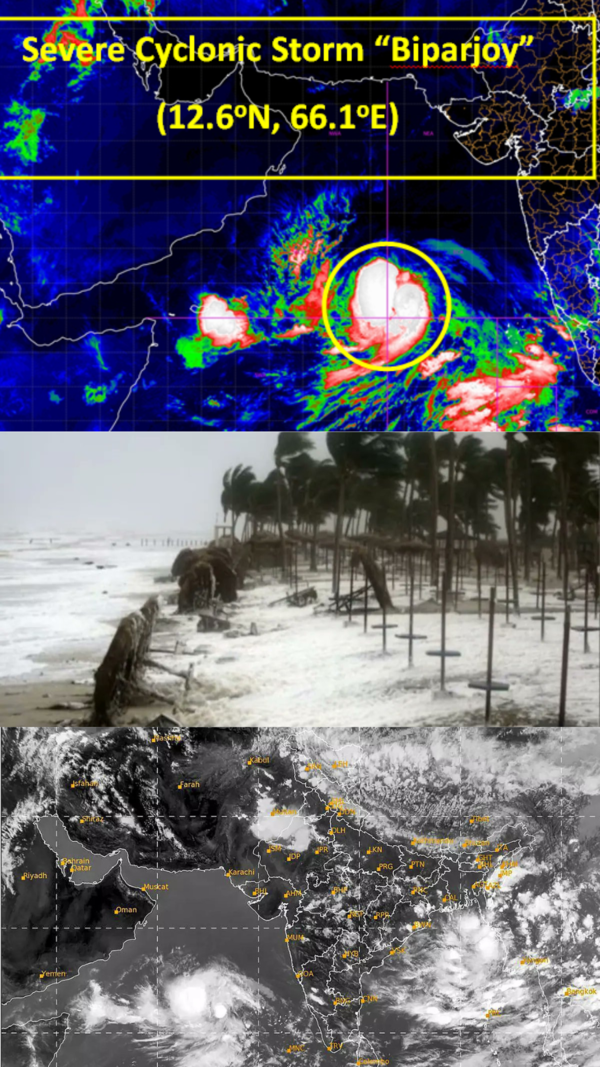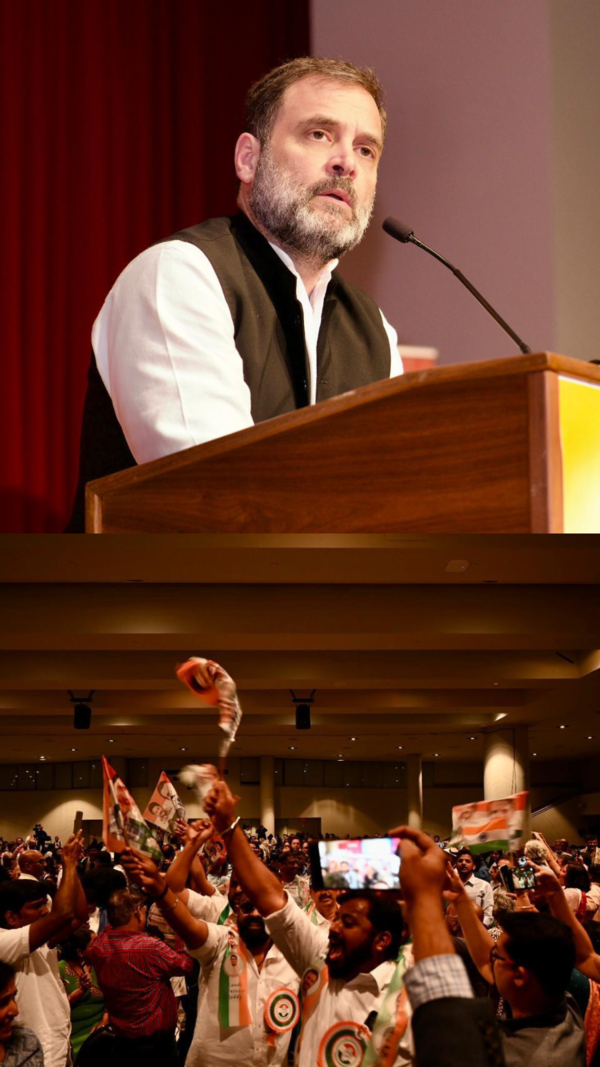- News
- City News
- thiruvananthapuram News
- CEMS programme to track progress of 29 schemes
Trending
CEMS programme to track progress of 29 schemes

Thiruvananthapuram: As many as 29 schemes undertaken by six government departments will be subjected to concurrent evaluation and monitoring of schemes (CEMS) programme for the ongoing financial year 2023-24. CEMS will ensure that the funds allotted for the schemes are ‘well spent’ and the physical outcomes of the projects implemented by them are as expected.
CEMS will also ensure that allocation and release of funds are done in adequate and timely manner to utilize it economically and effectively in accordance with the scheme provision. CEMS is expected to act as a corrective force and offer real-time analysis of the selected schemes.

The departments selected include industries and commerce, public works, scheduled castes development department, scheduled tribes’ development, higher education and tourism. The team from the finance department in-charge of CEMS will also serve as a liaison between the government and the implementing department or the agencies.
As part of implementing CEMS, the designated officers from the six selected departments director (industries), chief engineer (roads and bridges and buildings), district development officer (SC development), tribal development officer (integrated tribal development project) and directors of higher education and tourism have been asked to furnish monthly progress report of the selected plan schemes to the performance budget section of the finance department on or before 10th of every month with the details of target, allocation and expenditure.
CEMS was launched in the state on the basis of the recommendations of the public accounts committee in its 140th report (2008-11). CEMS has been enforced since 2013-14 in the state. However, due to lack of manpower and time, all the schemes under all the departments are not covered under CEMS and instead, the schemes under CEMS are selected on the basis of budget allocation of those schemes, scope of physical verification and social impact. Initially, CEMS was launched for six departments covering 30 schemes. The report of the previous year’s CEMS is presently under the consideration of the legislative assembly, along with other finance documents.
Since concurrent evaluation is a simultaneous examination of schemes and programmes in terms of physical outcomes, timely detection of irregularities and assessment of problems faced by the departments in implementing the schemes can be addressed.
CEMS will also ensure that allocation and release of funds are done in adequate and timely manner to utilize it economically and effectively in accordance with the scheme provision. CEMS is expected to act as a corrective force and offer real-time analysis of the selected schemes.

The departments selected include industries and commerce, public works, scheduled castes development department, scheduled tribes’ development, higher education and tourism. The team from the finance department in-charge of CEMS will also serve as a liaison between the government and the implementing department or the agencies.
As part of implementing CEMS, the designated officers from the six selected departments director (industries), chief engineer (roads and bridges and buildings), district development officer (SC development), tribal development officer (integrated tribal development project) and directors of higher education and tourism have been asked to furnish monthly progress report of the selected plan schemes to the performance budget section of the finance department on or before 10th of every month with the details of target, allocation and expenditure.
CEMS was launched in the state on the basis of the recommendations of the public accounts committee in its 140th report (2008-11). CEMS has been enforced since 2013-14 in the state. However, due to lack of manpower and time, all the schemes under all the departments are not covered under CEMS and instead, the schemes under CEMS are selected on the basis of budget allocation of those schemes, scope of physical verification and social impact. Initially, CEMS was launched for six departments covering 30 schemes. The report of the previous year’s CEMS is presently under the consideration of the legislative assembly, along with other finance documents.
Since concurrent evaluation is a simultaneous examination of schemes and programmes in terms of physical outcomes, timely detection of irregularities and assessment of problems faced by the departments in implementing the schemes can be addressed.
Start a Conversation
FOLLOW US ON SOCIAL MEDIA
FacebookTwitterInstagramKOO APPYOUTUBE










